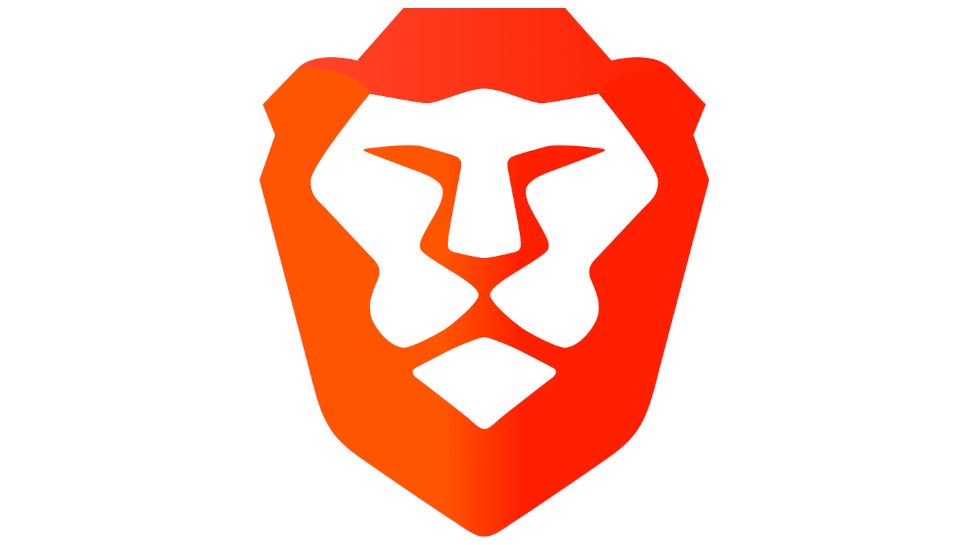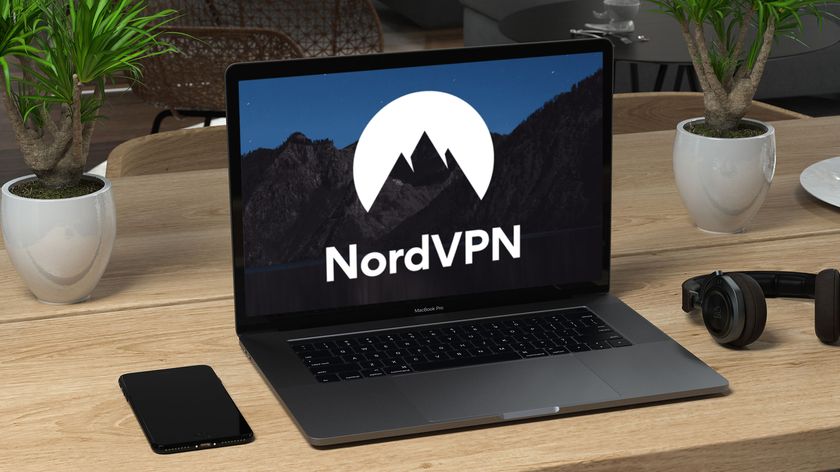Brave is the latest major internet player to ditch Google’s cookie alternative
FLoC is ‘materially harmful to user privacy’, Brave claims

The makers of anti-tracking web browser Brave have become the latest to speak out against Google’s proposed alternative to third-party cookies.
Google has pitched Federated Learning of Cohorts (FLoC) as a way to safeguard the anonymity of individuals, by grouping together thousands of users based on shared browsing activity, while still allowing publishers to generate advertising revenue.
However, in a new blog post, Brave describes FLoC as “a step in the wrong direction” and “materially harmful to user privacy”. The firm has also accused Google of using misleading rhetoric and promoting a false notion of what online privacy should look like.
- Check out our list of the best VPN services around
- We've built a list of the best Windows 10 VPN apps right now
- Here's our rundown of the best business VPN services available
Brave has already disabled FLoC in the development build of its browsers for desktop and Android and will deploy an update for all stable builds later this week.
Google FLoC
FLoC is a new tracking mechanism developed by Google as an alternative to third-party cookies, which are considered highly invasive and have now been blocked outright by a number of major browsers.
In the opinion of Google, FLoC strikes an all-important balance between improving privacy levels for individuals, while also propping up the underlying economics of the web, much of which is based on the ability to generate advertising revenue.
The company has said it understands the drive to improve privacy, but believes eliminating third-party cookies outright is “irresponsible” and potentially even actively “harmful” to the free and open web.
Are you a pro? Subscribe to our newsletter
Sign up to the TechRadar Pro newsletter to get all the top news, opinion, features and guidance your business needs to succeed!
However, a number of organizations and privacy advocates have voiced serious concerns about the FLoC. Some have questioned the purity of Google’s motives, in the context of the many billions of dollars the company makes on online advertising each year. Others claim FLoC offers little to no improvement over third-party cookies, simply providing advertisers with a different selection of tools to play with.
According to Brave, the introduction of FLoC runs counter to the progress made in recent years where online privacy is concerned.
“In the face of these trends, it is disappointing to see Google, instead of taking the present opportunity to help design and build a user-friendly, privacy-first web, proposing and immediately shipping in Chrome a set of smaller, ad-tech-conserving changes, which explicitly prioritize maintaining the structure of the web advertising ecosystem as Google sees it,” wrote the company.
“For the web to be trusted and to flourish, we hold that much more is needed than the complex yet conservative chair-shuffling embodied by FLoC.”
- Here's our list of the best anonymous browsers right now

Joel Khalili is the News and Features Editor at TechRadar Pro, covering cybersecurity, data privacy, cloud, AI, blockchain, internet infrastructure, 5G, data storage and computing. He's responsible for curating our news content, as well as commissioning and producing features on the technologies that are transforming the way the world does business.


